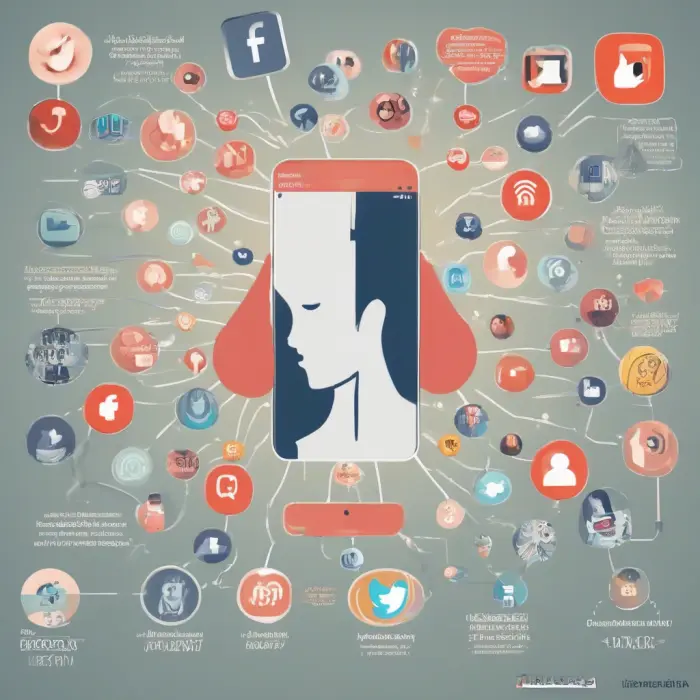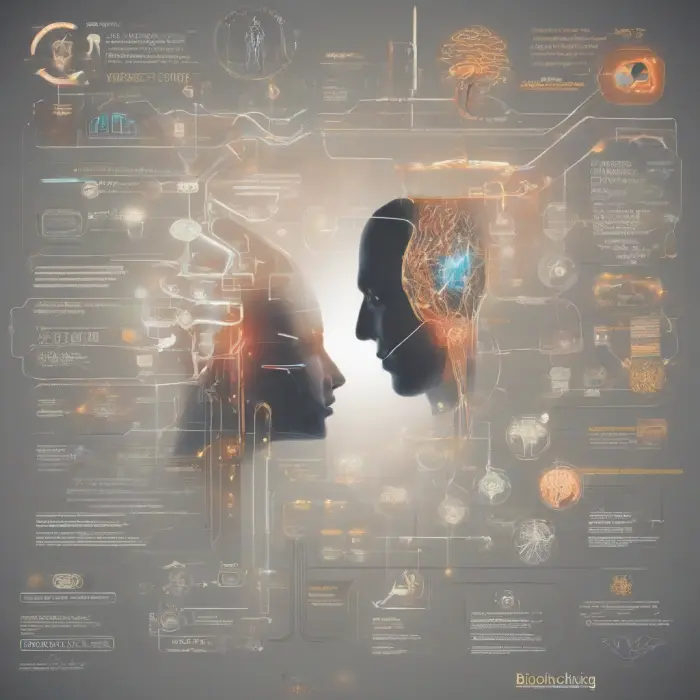Fascinating Facts About the Science of Hypnosis and Suggestion
If you are intrigued by the power of the mind, you might be interested in learning about the science of hypnosis and suggestion. Rather than existing solely as a trick performed by stage magicians, hypnosis stems from scientific techniques offering deep insights into the human psyche. Let's explore some captivating facts about it.
The Origins of Hypnosis
The etymology of the word "hypnosis" arises from the ancient Greek term "hypnos," meaning sleep. However, hypnosis doesn't actually involve sleep. Its history can be traced back to ancient civilizations, where it was used in spiritual and religious practices. Modern hypnosis, as we know it today, was introduced by Austrian physician Franz Mesmer in the 18th century, who believed in the existence of a magnetic fluid that influenced the health of the human body, a concept coined as "animal magnetism." The understanding and approach towards hypnosis have certainly evolved over centuries, but its intrinsic fascination retains its potency.
Hypnosis is a Natural State of Mind
During hypnosis, a person is not unconscious or asleep, but rather in a state of heightened consciousness and focus. It is a completely natural state that most of us experience in everyday life. Ever found yourself absorbed in a book or engrossed in a movie to the extent that you lose track of time and the outside world? That’s akin to the hypnotic state, characterized by deep concentration and increased suggestibility.
Anyone Can Be Hypnotized
Based on the notion that hypnosis is a normal state of mind, it follows that anyone who can focus their attention can be hypnotized to some degree. Nevertheless, individual susceptibilities to hypnotic suggestion do vary. Some people are particularly responsive to hypnosis and can achieve deeper states of hypnosis, while others might need time and practice to attain the same level of suggestibility.
Hypnosis Can Enhance Memory— but be Careful!
Hypnosis is sometimes perceived as a tool to unlock accurate memories. While hypnosis can indeed help recall some forgotten details, it's essential to consider that our memories are not always perfect recordings of past events. During hypnosis, a person might also inadvertently "remember" false or distorted information, a phenomenon known as false memory syndrome. Hence, for serious matters like a crime investigation, evidence recovered through hypnosis must be handled with extreme caution.
Hypnosis in Healthcare
In recent times, hypnosis and suggestion have found remarkable applications in healthcare. They have been employed in pain management, especially in cases where individuals cannot consume painkillers. Moreover, hypnosis is progressively being used for managing stress, anxiety, and phobias, helping people quit smoking, alleviate symptoms of irritable bowel syndrome, and even mitigate the effects of chemotherapy. However, despite these apparent benefits, hypnosis should never be considered as a standalone treatment but should rather complement other therapies under professional supervision.
Hypnosis, steeped in myth and misunderstanding, is gradually emerging from the shadows of its murky past. By engaging with its reality - a powerful psychological tool with therapeutic potential - we can begin to demystify hypnosis and appreciate its intriguing possibilities.
References
[Wilson, L., Royle, P., & Binns, E. (2018). The use of hypnosis in pain management: A systematic review. QJM: An International Journal of Medicine, 111(4), 227-237.]
[Montgomery, G. H., David, D., Winkel, G., Silverstein, J. H., & Bovbjerg, D. H. (2002). The effectiveness of adjunctive hypnosis with surgical patients: A meta-analysis. Anesthesia & Analgesia, 94(6), 1639-1645.]










